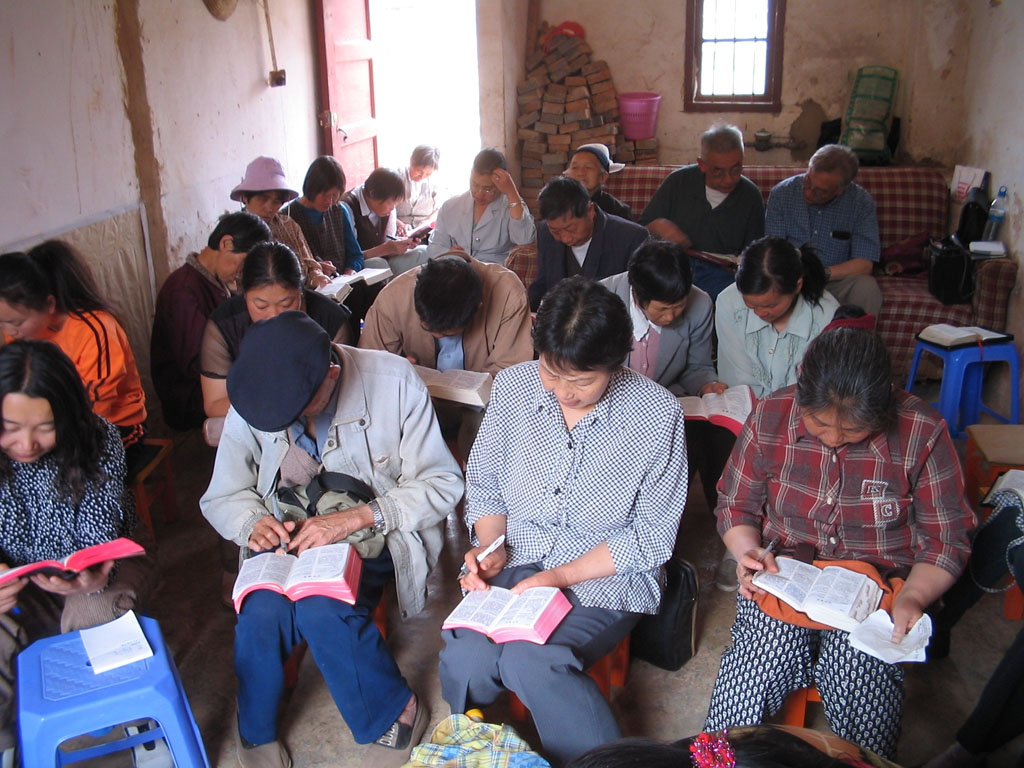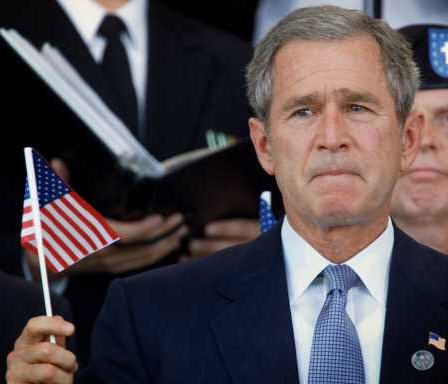The head of a major Pakistani political party is calling on the nation’s Supreme Court to ban the Bible because it blasphemes Islam.
On May 30. Maulana Abdul Rauf Farooqi, leader of the large Jamiat Ulema-e-Islam party, claimed that the Bible contains passages that are extremely insulting to Islam’s prophets. He specifically cited the story of the Last Supper, Jesus’ prayer at Gethsemane, the story about David committing adultery with Bathsheba, the story about Israel worshipping the golden calf, and Jacob’s marriage to Leah.
The passages violate the Islamic nation’s blasphemy laws by depicting biblical figures revered by Muslims as flawed, said Farooqi. They show the prophets guilty of “a variety of moral crimes, which undermine the sanctity of the holy figures,” he added.
Arif Siraji, pastor of Pakistan’s largest Presbyterian church urged Christians worldwide to pray for Pakistan’s Christians. “The Bible is a universal truth and Christians need not to worry at all,” he said. “Such threats against Christianity have been happening since the inception of the faith. Being true believers, we should encourage and pray for one another to face such circumstances, and be firm in our faith. We should protest peacefully, keeping in mind that our real weapon is prayer.”
However, “We are concerned by this call to the Bible in Pakistan,” said Jonathan Racho of International Christian Concern, an advocacy group for persecuted Christians. “This demand by the Islamists is additional evidence of the worsening persecution of Christians in Pakistan. We ask all concerned individuals to urge their governments to pressure Pakistan to not ban the Bible.”
The Koran calls on Muslims to respect “people of the book,” which refers to Christians and Jews. They are “dhimmis,” or non-Muslims, and thus afforded fewer human rights than Muslims, however are given more rights than “polytheists,” the term used for Hindus and animists.
Naveed Walter, president of Human Rights Focus Pakistan, said Islamist clerics “usually attack individuals, groups, churches and communities of Christians, by falsely accusing them of blasphemy, but this time they are planning to ban even the Bible in Pakistan.”
Farooqi says if the Supreme Court does not ban the Bible on its own, Islamic clerics would formally petition the court. A panel of lawyers is working on it, he said.
Pakistan’s blasphemy law in Sections 295 and 298 of the Pakistan Penal Code provide for penalties ranging from a fine to death. The law is often misused to target religious minorities, including Christians, Shi’as, Ahmadiyyas and Hindus, as there is no provision to punish a false accuser or a false witness of blasphemy. The law has been used to falsely accuse members of minority communities to settle personal scores.
Extremists believe that killing a “blasphemous” person earns a heavenly reward and have extra-judicially killed several Christians and persons from other minorities facing blasphemy charges.
When Pakistan was formed in 1947, its founder Mohammad Ali Jinnah wanted the country to have the rule of law and a system to protect all religious communities. The country’s sixth president, General Mohammad Zia-ul-Haq, who took power by a coup in 1977, is blamed for Islamizing the country.

